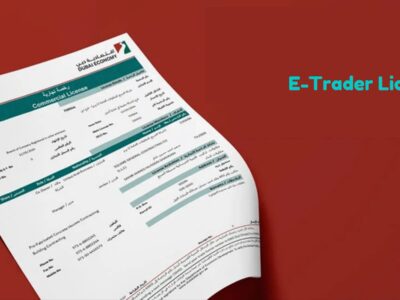Introduction
In today’s digital age, navigating the complex landscape of business taxation requires a forward-thinking approach. As tax laws evolve and technology reshapes industries, effective tax planning has never been more crucial. In this article, we’ll delve into modern tax planning strategies for businesses, emphasizing the importance of professional tax consulting as an essential component of financial success.
1. Stay informed about tax law changes
Tax laws are continually evolving, and keeping up with these changes is vital for effective tax planning. Collaborate with a professional tax consultant who is well-versed in the latest tax reforms and can help you adapt your tax strategy accordingly.
2. Optimize tax deductions
Identifying and maximizing tax deductions is a cornerstone of effective tax planning. A tax consultant can help you uncover deductions specific to your industry, such as research and development credits, energy-efficient equipment deductions, and employee benefit programs.
3. Embrace digital accounting tools
Incorporate digital accounting tools and software into your financial processes. These tools streamline record-keeping, improve accuracy, and provide real-time insights into your financial position. A tax consultant can guide you in selecting the right software and optimizing its use.
4. Explore tax credits
Beyond deductions, explore tax credits available to your business. These can include investment credits, hiring credits, and credits for renewable energy initiatives. A tax consultant can assess your eligibility and assist with the application process.
5. Leverage retirement plans
Retirement plans not only secure your future but also offer tax advantages. Explore options like 401(k)s, sepiras, or simple iras to reduce taxable income while providing valuable benefits to your employees.
6. Manage your business structure
The legal structure of your business (e.G., sole proprietorship, llc, s corporation) significantly impacts your tax liability. Regularly review your business structure with a tax consultant to ensure it aligns with your financial goals and minimizes taxes.
7. Strategize asset depreciation
Effective tax planning involves strategically managing asset depreciation. Work with a tax consultant to determine the best depreciation method for your assets, whether it’s straight-line, accelerated, or bonus depreciation.
8. Explore international tax planning
If your business operates globally, international tax planning is essential. A tax consultant can help you navigate complex international tax treaties, transfer pricing regulations, and foreign tax credits to optimize your global tax strategy.
9. Plan for succession
Succession planning involves more than transferring ownership—it also has significant tax implications. A tax consultant can help you develop a succession plan that minimizes estate and inheritance taxes while ensuring a smooth transition.
10. Conduct regular tax audits
Regular tax audits, led by a tax consultant, help identify potential issues before they become costly problems. These audits ensure compliance, identify tax-saving opportunities, and provide peace of mind.
11. Maintain impeccable records
Organized and thorough record-keeping is fundamental to effective tax planning. Utilize digital record-keeping systems to maintain accurate financial records, making it easier to substantiate deductions and credits during audits.
12. Collaborate with a tax consultant
Perhaps the most crucial strategy for effective tax planning is partnering with a professional tax consultant. A tax consultant brings expertise, experience, and a deep understanding of tax law to your financial team. They can provide tailored strategies, interpret complex tax codes, and keep your tax planning strategy agile in a constantly changing landscape.
Conclusion
Effective tax planning in the digital age demands a strategic approach that embraces technology, stays informed, and leverages the expertise of professional tax consultants. The complexities of modern tax codes require businesses to be proactive and adaptive in managing their tax liabilities. By integrating tax consulting into your financial strategy, you can navigate the intricacies of taxation with confidence, maximize your savings, and position your business for long-term financial success in the digital era.














Comments